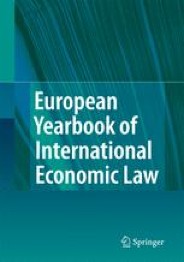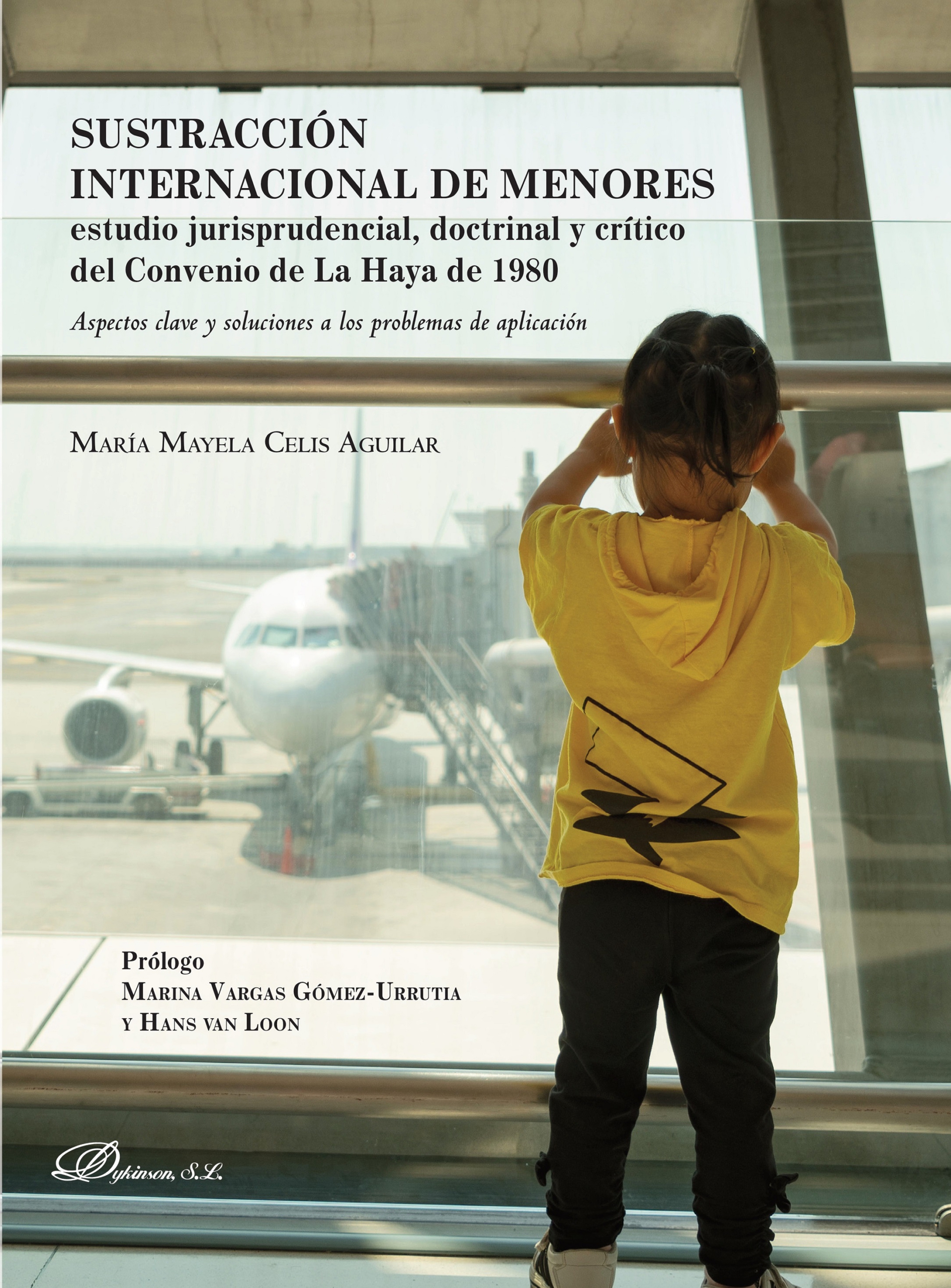Lecture by Prof. Dr. Horatia Muir Watt: “Ecological Jurisprudence: The Shape of Legality at its Own Last Frontier (a Private International Law Approach)” on 27 October 2023 at 17:00 (CEST) at Maastricht University
 On 27 October 2023, the Department of Private Law of Maastricht University (the Netherlands) is hosting a lecture by Prof. Dr. Horatia Muir Watt, Professor at the Sciences Po Law School (Paris), entitled: “Ecological Jurisprudence: The Shape of Legality at its Own Last Frontier (a Private International Law Approach)” at 17:00 (CEST time). This event will take place onsite and in English. For more information, click here.
On 27 October 2023, the Department of Private Law of Maastricht University (the Netherlands) is hosting a lecture by Prof. Dr. Horatia Muir Watt, Professor at the Sciences Po Law School (Paris), entitled: “Ecological Jurisprudence: The Shape of Legality at its Own Last Frontier (a Private International Law Approach)” at 17:00 (CEST time). This event will take place onsite and in English. For more information, click here.

 The editors of the European Yearbook of International Economic Law (EYIEL) welcome abstracts from scholars and practitioners at all stages of their career for the EYIL 2024. This year’s Focus Section will concentrate on International and European Economic Law – Moving Towards Integration? In the General Section, the EYIEL will address Current Challenges, Developments and Events in European and International Economic Law.
The editors of the European Yearbook of International Economic Law (EYIEL) welcome abstracts from scholars and practitioners at all stages of their career for the EYIL 2024. This year’s Focus Section will concentrate on International and European Economic Law – Moving Towards Integration? In the General Section, the EYIEL will address Current Challenges, Developments and Events in European and International Economic Law.


